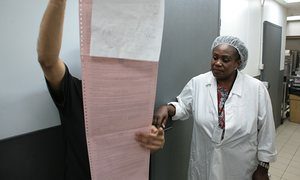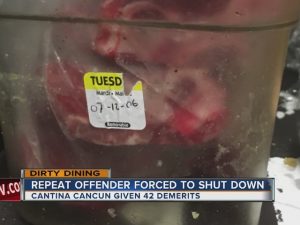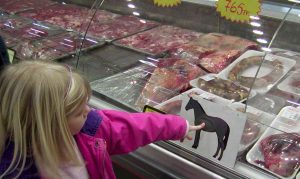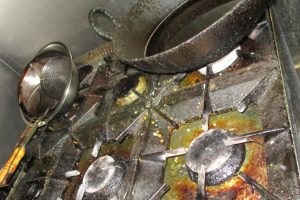If you go to a restaurant and have leftovers, you ask for a doggy bag.
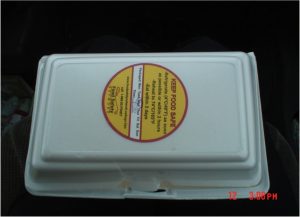 Any restaurant that knows food safety will bring the clamshell to the table: no one wants your germs back in the kitchen.
Any restaurant that knows food safety will bring the clamshell to the table: no one wants your germs back in the kitchen.
A Kapiti Coast restaurant has banned doggy bags, citing health and safety.
“If someone takes food home, doesn’t heat it properly and gets sick, they’ll probably blame us,” Phil Ryan, owner of The Social at Kapiti Lights, said.
“Some people got upset they couldn’t take a burger home, but it’s all about food safety.”
But the Ministry of Primary Industries is clear that food taken home from a restaurant becomes the responsibility of the diner, and Kapiti Coast District Council, along with other councils in the Wellington region, said it had no rules against doggy bags.
The ministry’s website says: “Operators may refuse to let leftovers be taken home because they run the risk their food could be mishandled and then blamed if someone becomes ill.
“If you take the food away, the safety of that food is up to you.”
However, Ryan said most restaurants par-cooked their food, so customers could be reheating their leftovers for a third time, leaving them at risk of getting sick.
 “I would rather have a bad review for keeping people safe than making people sick. It’s not about ripping people off, honestly.”
“I would rather have a bad review for keeping people safe than making people sick. It’s not about ripping people off, honestly.”
The Social is not alone in being wary of letting customers take leftovers home. Duck Creek restaurant, in Pauatahanui, tries to stop diners taking chicken away.
“We strongly discourage that,” head chef Dean McFarland said. “If it’s a steak or some chips that’s fine, but chicken can go off too quickly.”




